
Unique value, the crystallization of history and spirituality
The relic complex spreads across three provinces, converging 12 typical relic sites, including places closely associated with national history and beliefs such as Con Son Pagoda, Kiep Bac Temple, Thanh Mai Pagoda, Nham Duong Pagoda, Kinh Chu Cave... Each destination not only preserves precious material values of architecture, antiquities, and steles, but is also a living testament to the interplay between beliefs, religions, and Vietnamese social life over the centuries.
The highlight of the complex is the convergence of the special relationship between the state, religion and people under the Tran Dynasty - a strategic alliance that created a unique cultural tradition with widespread influence. Truc Lam Buddhism - a pure Vietnamese Zen sect born from Yen Tu - is not only a religion but also a philosophy of life, a spiritual strength that contributes to enhancing national will, while strengthening the nation and promoting regional peace . This is also the reason why UNESCO recognized the complex as meeting the criteria of global cultural and spiritual values.
The recognition by UNESCO as a World Heritage Site is the result of a long process of research, preservation and promotion of the value of the relics by the localities. Quang Ninh, Hai Phong and Bac Giang have closely coordinated in the restoration and maintenance of traditional festivals such as Con Son Pagoda Festival and Kiep Bac Temple Festival, while preserving the intangible values associated with the heritage. These activities not only contribute to the protection of the heritage but also create conditions for the development of cultural tourism, raising public awareness of the importance of heritage to social life.
Affirming Vietnam's identity and position in the international arena
The event of UNESCO recognizing the Yen Tu - Vinh Nghiem - Con Son, Kiep Bac complex is a testament to the perseverance, intelligence and aspiration of the Vietnamese people in preserving and promoting traditional cultural values. This is not only a precious asset of the nation but also a common heritage of humanity, contributing to enriching the world's cultural treasure.
Being listed also opens up opportunities for Vietnam to promote the image of the country, its people and its unique culture to the world, while creating momentum to promote sustainable cultural tourism development, contributing to improving the material and spiritual life of local people. This is also the basis for strengthening international cooperation in the field of heritage conservation and cultural exchange, contributing to building a peaceful, stable and developing environment.
Responsibility for preserving and promoting heritage values
However, besides joy and pride, the management and promotion of heritage values also pose many challenges. Balancing economic development, tourism and heritage conservation requires synchronous coordination and a long-term strategy to avoid the risk of commercialization that destroys the original identity and value of the relic. At the same time, it is necessary to strengthen education and communication to raise public awareness, especially the younger generation, in preserving and promoting heritage.
To effectively promote the value of UNESCO-listed heritage, authorities at all levels, communities and scientists need to continue to work together, build appropriate conservation policies, and develop responsible and sustainable cultural tourism. Promoting heritage values does not stop at preserving artifacts, but also revives spiritual and traditional values, and educates the younger generation about national history and culture.
In addition, it is necessary to focus on developing highly specialized human resources in the field of heritage management and conservation, while promoting scientific research and applying modern technology to protect and promote heritage in the context of deep international integration.
Yen Tu - Vinh Nghiem - Con Son, Kiep Bac are not only physical heritages but also spiritual symbols, proof of the enduring vitality of Vietnamese culture.
The fact that UNESCO has recognized this complex of relics is a strong affirmation of the nation’s cultural identity, intelligence and development aspirations in the international arena. This is a source of pride and at the same time a great responsibility for us to continue to preserve, promote and pass on to future generations a heritage that will last forever.
WEIGHTSource: https://baohaiphongplus.vn/dau-an-van-hoa-viet-nam-tren-ban-do-toan-cau-416389.html




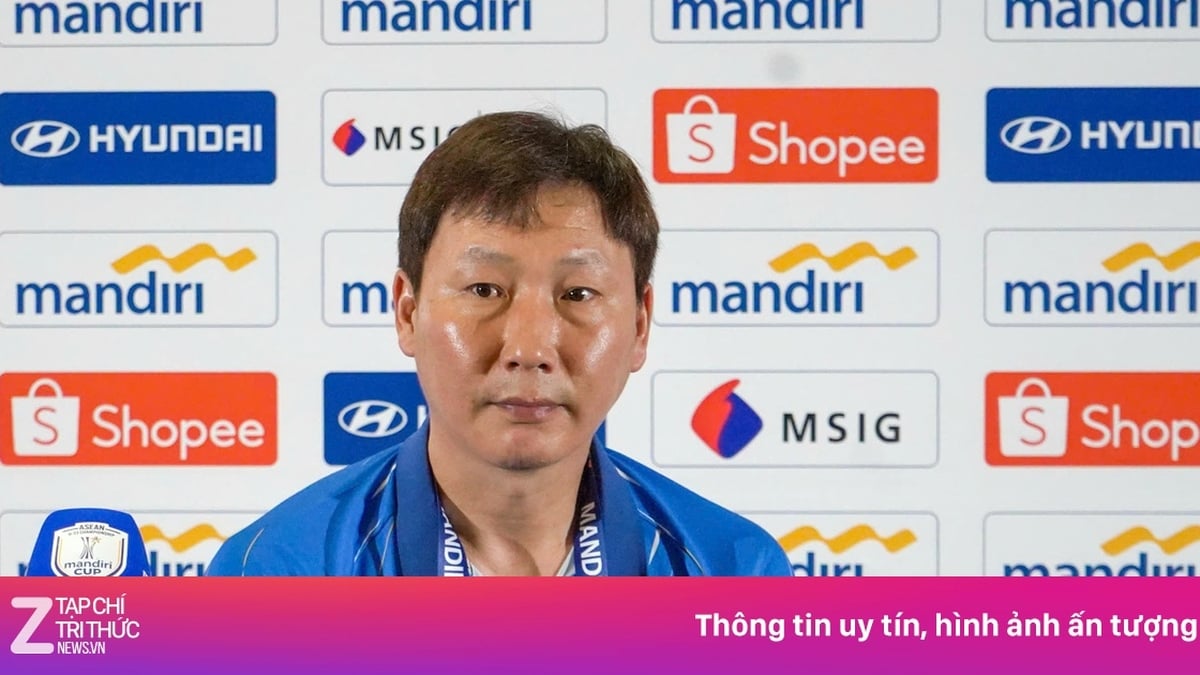
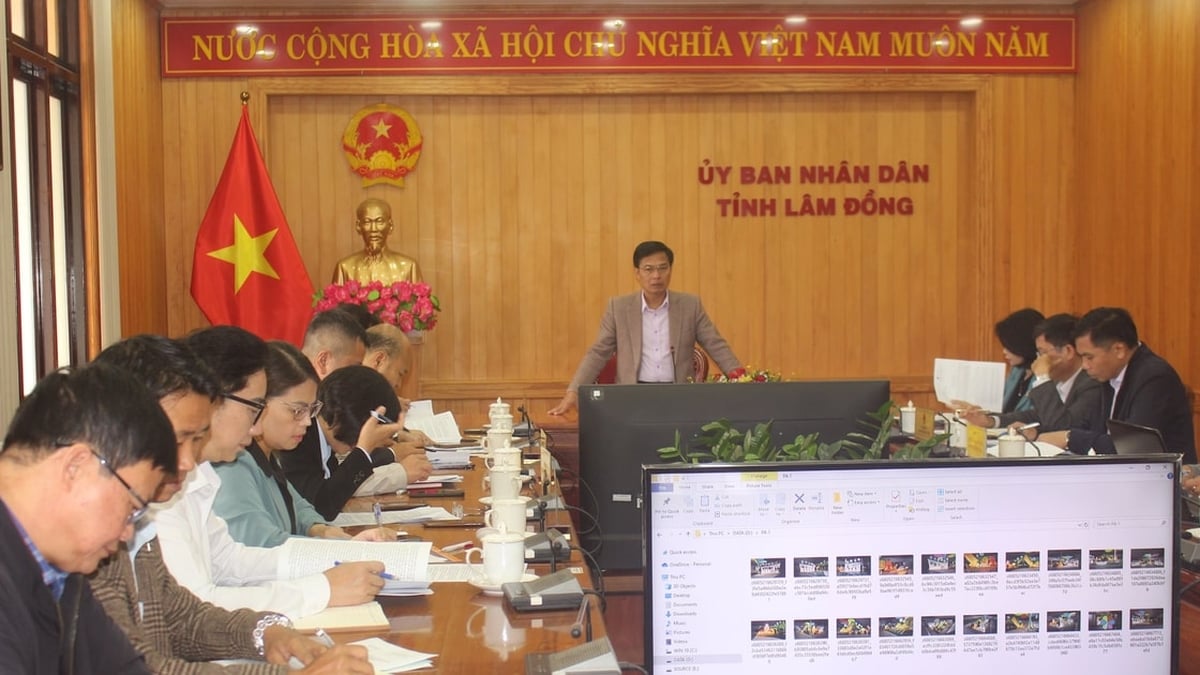

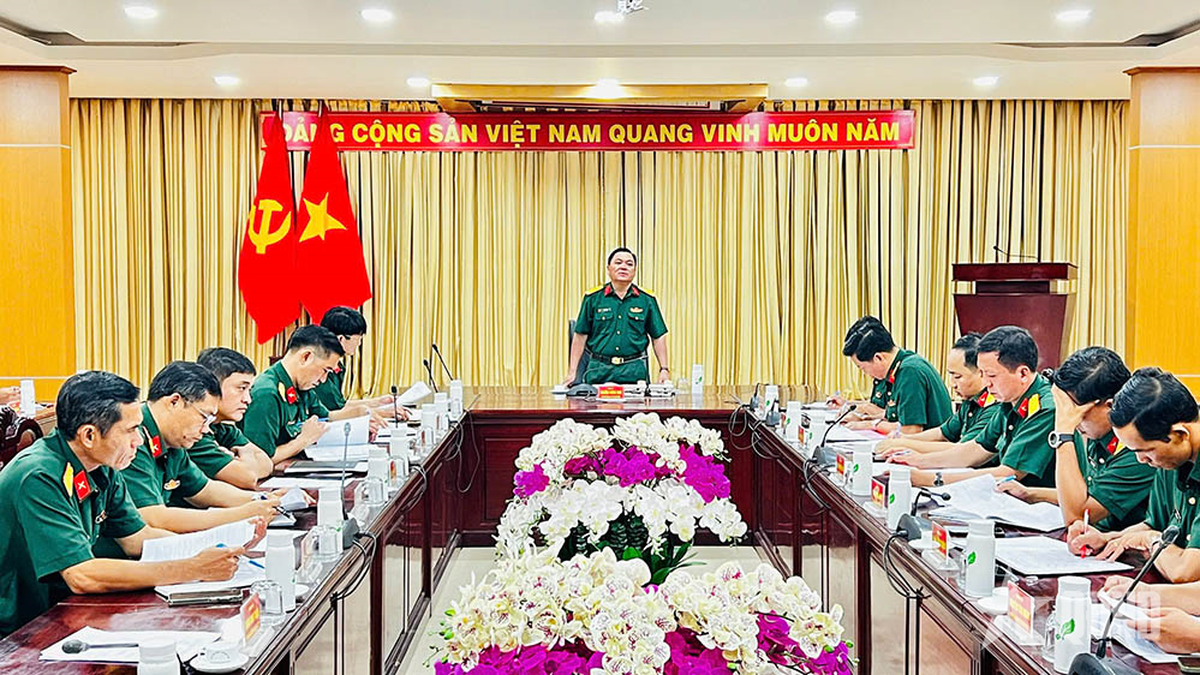
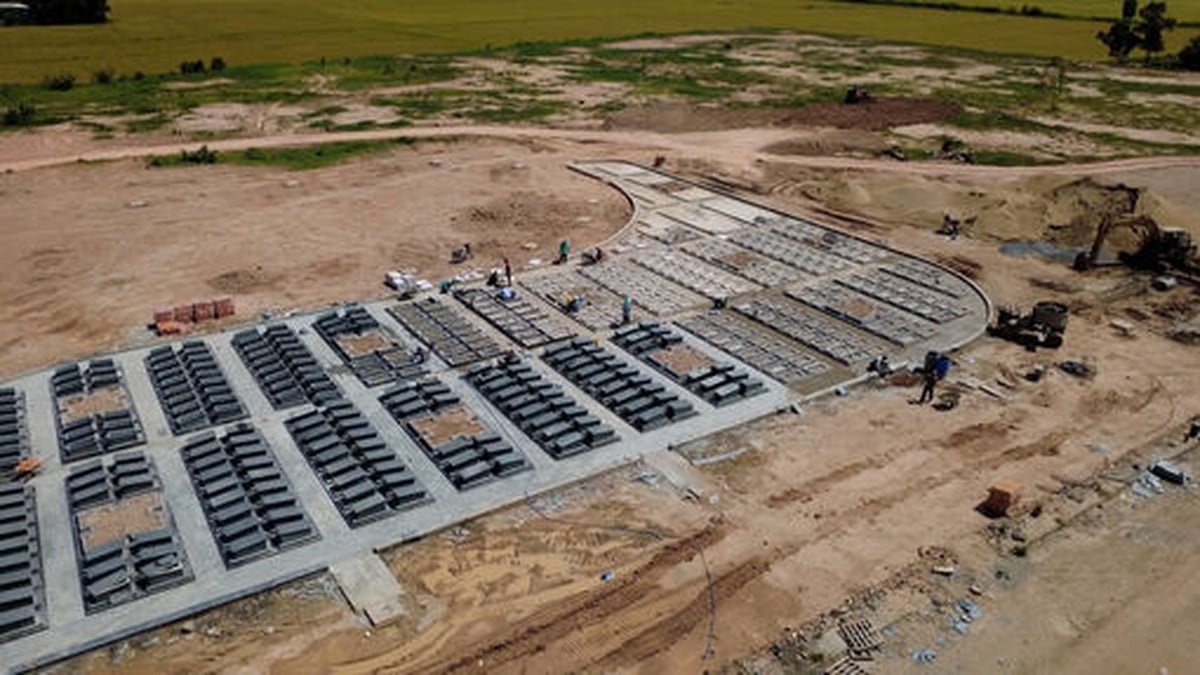
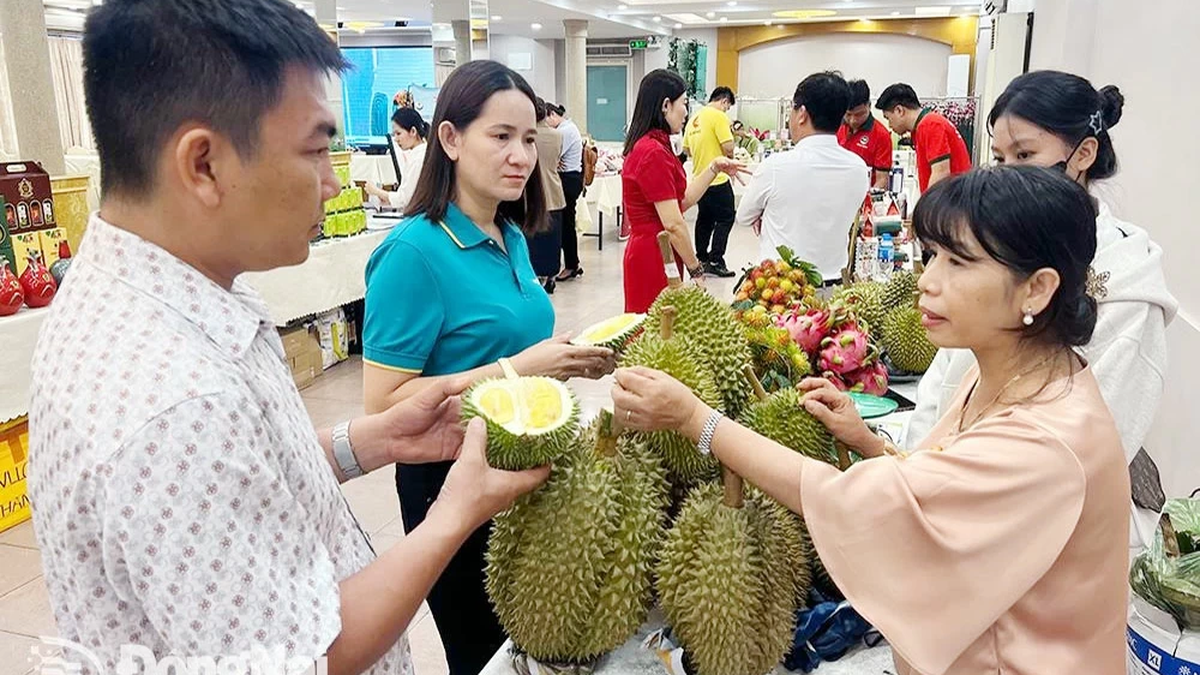
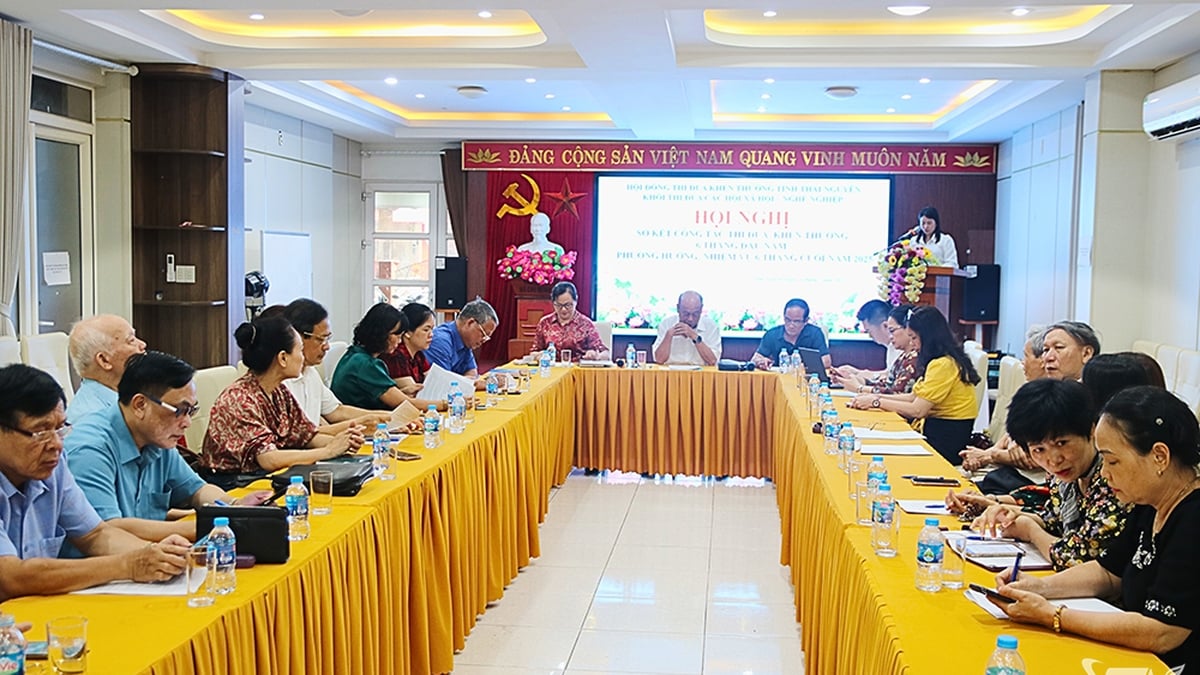





















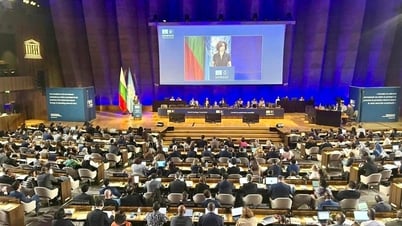

















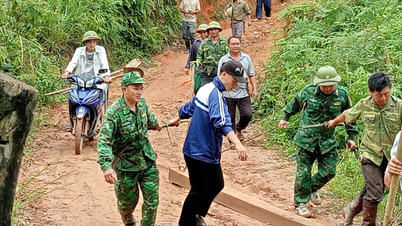
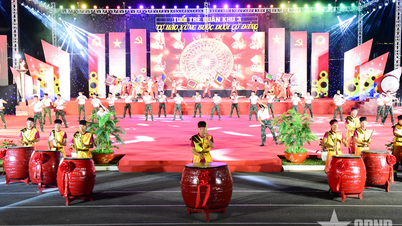













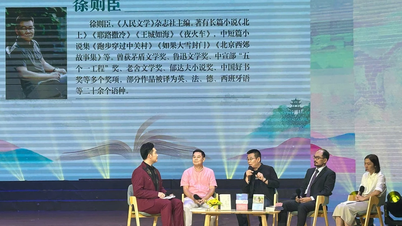


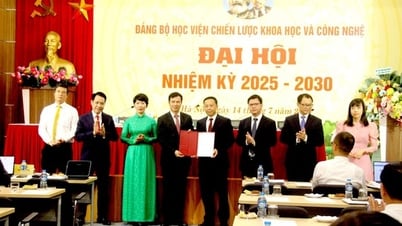



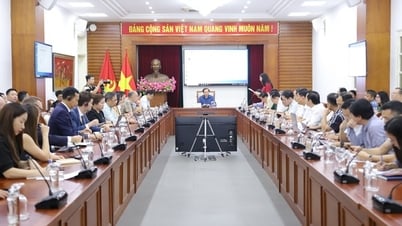
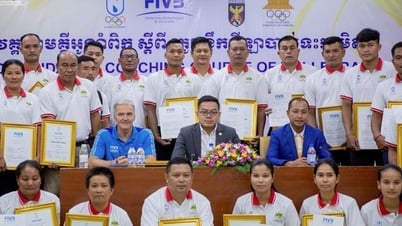
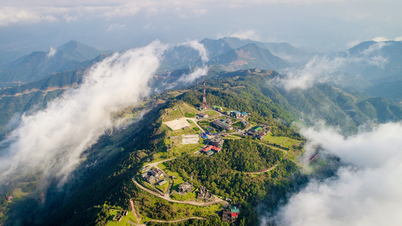
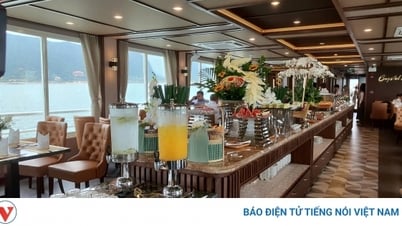















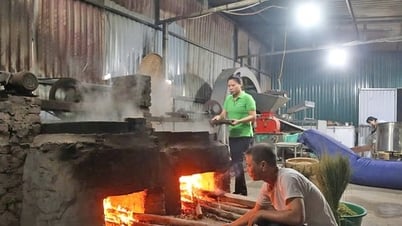



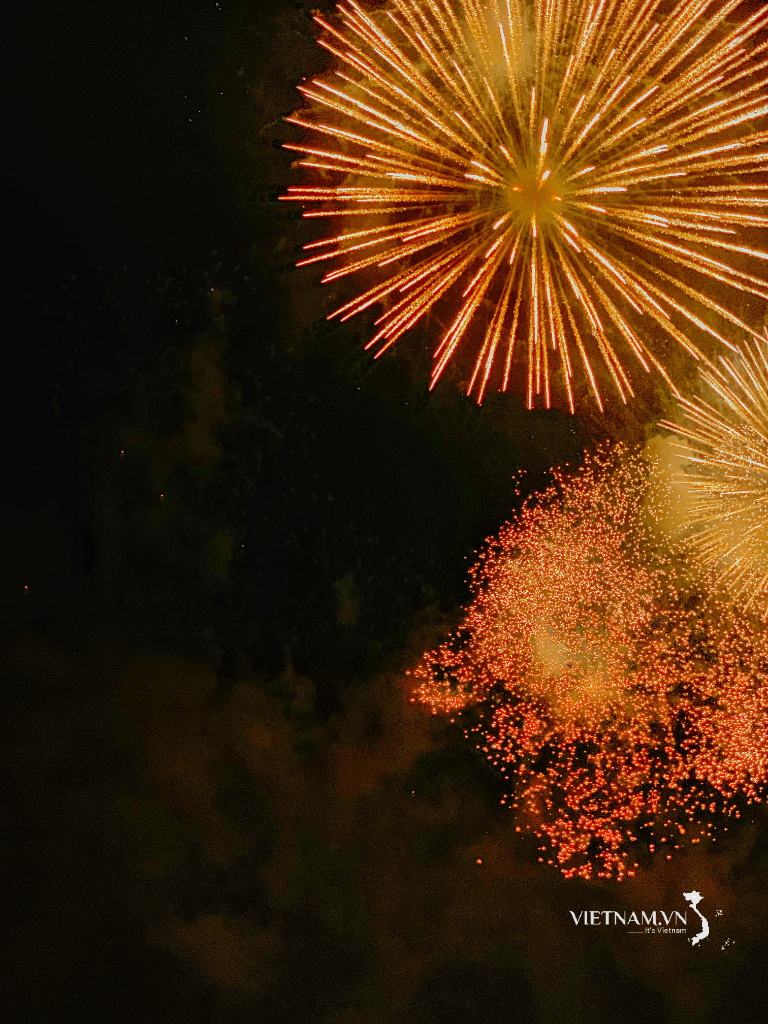

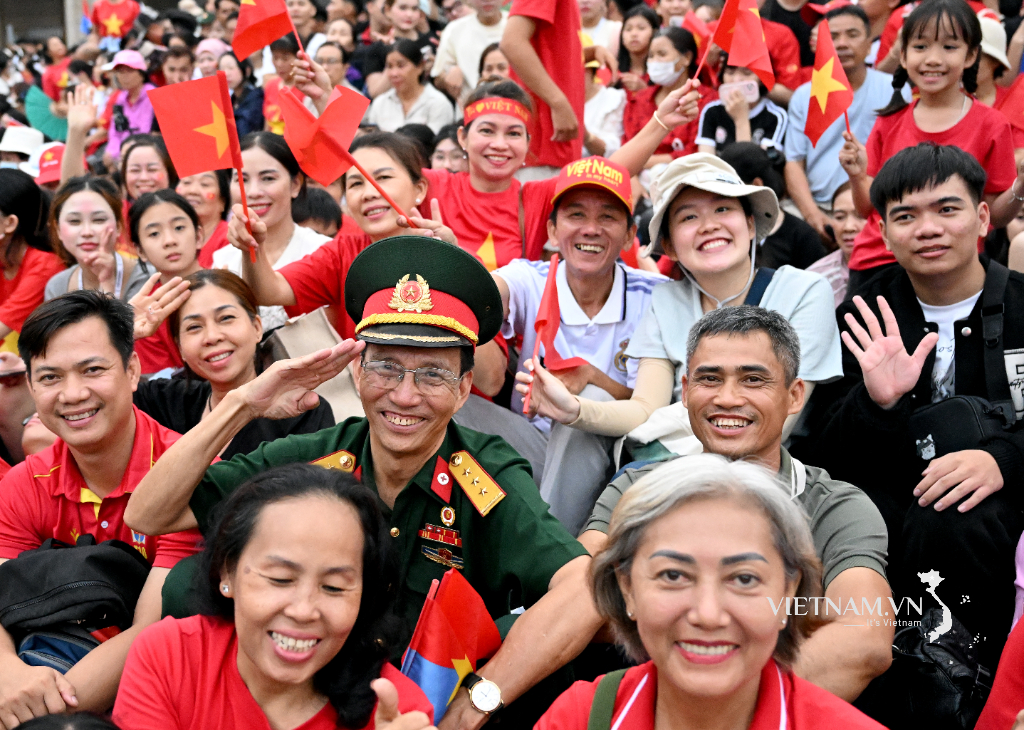

Comment (0)